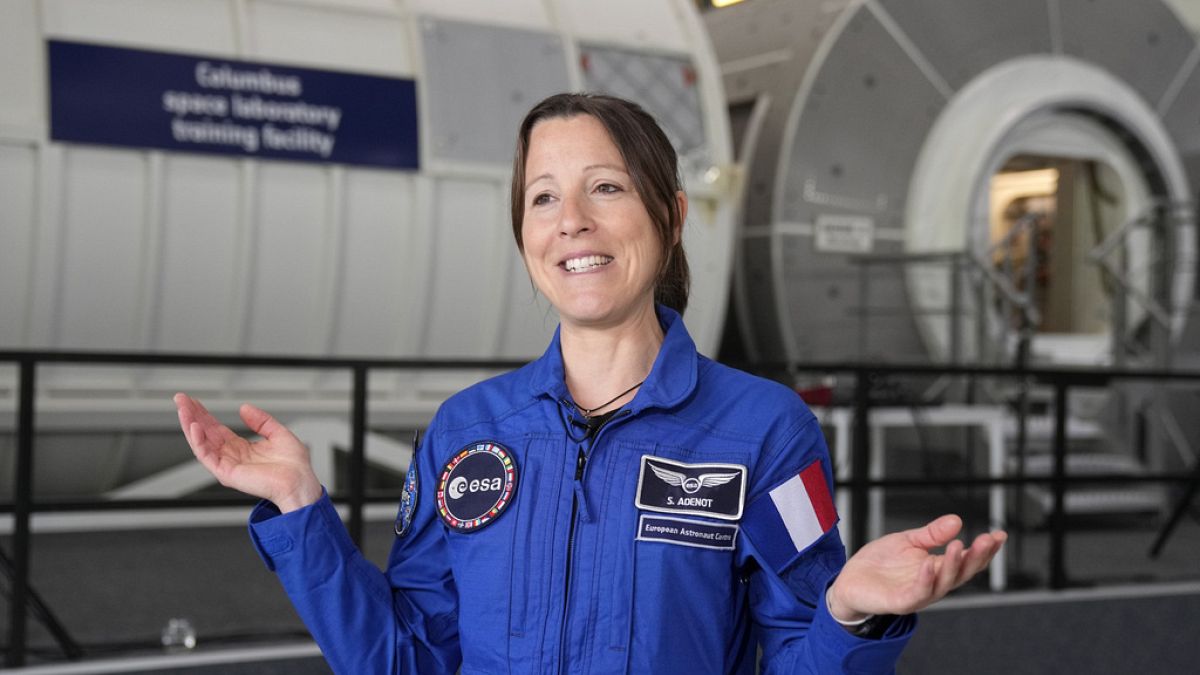

In a week filled with significant developments across technology, space exploration, and immigration policy, various initiatives showcase the dynamic interplay between innovation and societal impacts. With a focus on enhancing experiences—whether through culinary delights in space or digital transformation on Earth—these stories reveal a commitment to progress and inclusiveness.
In a remarkable venture that marries haute cuisine with space travel, French astronaut Sophie Adenot, alongside Michelin chef Anne-Sophie Pic, embarks on an innovative journey to take gourmet meals to the International Space Station (ISS). Scheduled for 2026, this initiative under the European Space Agency’s “εpsilon” mission is set to bring a touch of French culinary excellence to the astronauts, showing how tradition and innovation can thrive side by side. This unique collaboration underscores the importance of cultural representation even in space and serves as a reminder of the comforts and connections home can offer, no matter how far one travels.
Meanwhile, Anthropic’s partnership with French AI firm Dust is creating waves in the business sector. As Anthropic ventures deeper into Europe, this collaboration aims to revolutionize workplace efficiency through advanced AI solutions. By focusing on optimizing tasks and saving time, these technological tools complement human skills, promising to streamline operations and alleviate workload pressures, thus fostering a more balanced and productive work environment. This development highlights the transformative potential of AI in shaping a harmonious interface between technology and human effort.
Contrasting with these optimistic initiatives, the evolving technology landscape has also led to shifts in labor dynamics. Microsoft’s announcement to cut approximately 9,000 jobs as part of its strategic pivot towards AI represents a significant transition. While less than 4% of its global workforce is affected, this move reflects a broader trend within the tech industry emphasizing AI’s increasing role in driving future growth and innovation. Microsoft’s decision serves as a poignant reminder of the need for ongoing adaptation and resilience in a rapidly changing world.
Across Central and Eastern Europe, tech firms are striving to bridge the gap with their Western counterparts. With a collective market capitalization of nearly $117 billion, the region’s top 100 tech companies, as highlighted by the “Digital Champions CEE 2025” report, are poised to make substantial contributions to the global tech ecosystem. This momentum not only represents economic growth but also reflects the broader aspiration for regional tech advances to integrate seamlessly into the international arena.
However, the path forward is not without challenges. In the UK, the digitization of immigration records presents a complex issue with potential unintended consequences. As the Home Office transitions from physical to digital records with the eVisa rollout, there are concerns that approximately 200,000 individuals, who have lived legally in the UK for decades, could risk becoming undocumented. This situation echoes past missteps, reminding stakeholders of the critical need to ensure accuracy and safeguard identities amidst digital transitions. This development underscores the delicate balance between modernization and inclusivity, advocating for comprehensive strategies that cater to all societal members.
In summary, the week has presented a tapestry of progress and contemplation. Whether exploring the final frontier or navigating domestic policies, the stories emphasize potential, readiness for change, and inclusive growth. As these initiatives unfold, they collectively encourage a thoughtful reflection on how innovation can harmonize with everyday life, fostering a future that embraces both technological advancement and human values.
Source: {link}
